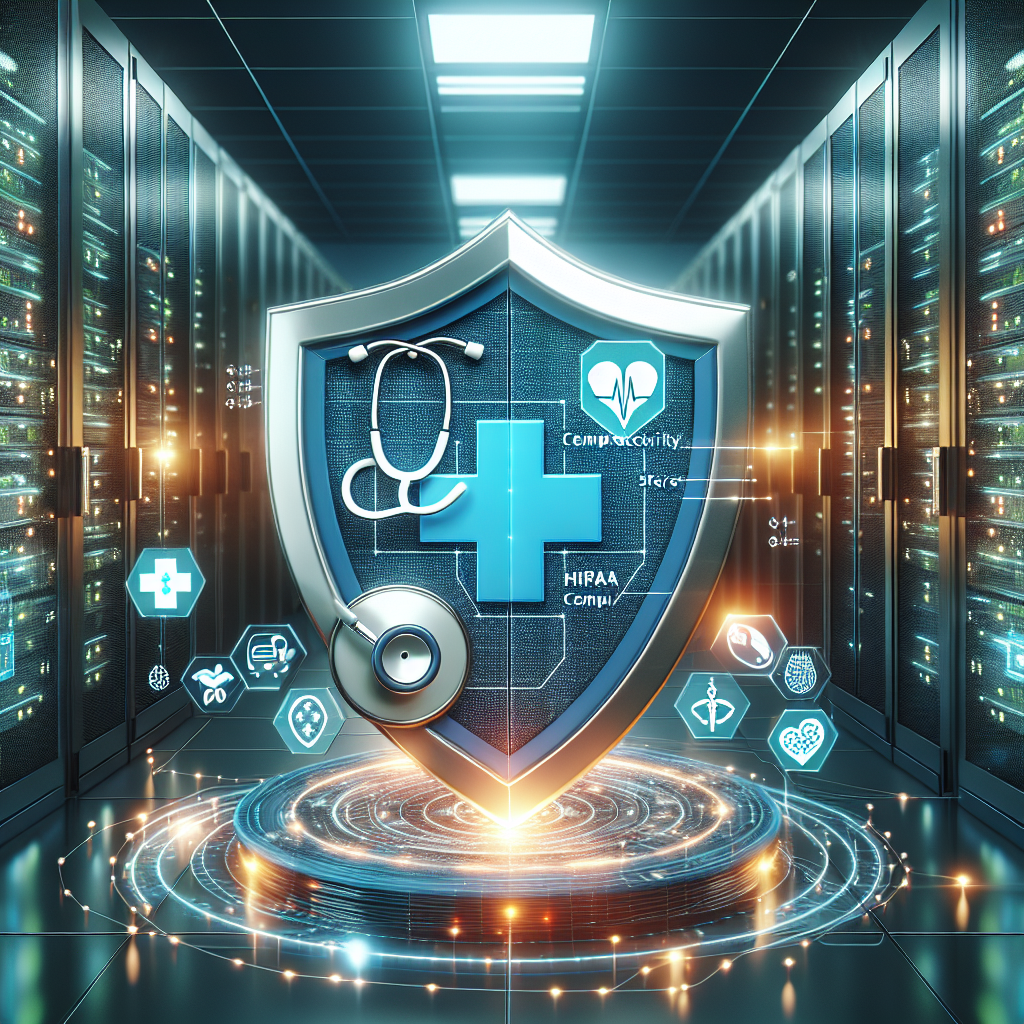HIPAA-Compliant Cybersecurity Solutions for Healthcare: Protecting Patient Data in the Digital Age

In today’s interconnected healthcare landscape, the importance of cybersecurity cannot be overstated. With the rise of electronic health records (EHRs), telemedicine platforms, and wearable medical devices, healthcare providers are handling an unprecedented volume of sensitive patient data. Ensuring the security of this data isn’t just a best practice—it’s a legal obligation under the Health Insurance Portability and Accountability Act (HIPAA).
HIPAA sets forth stringent guidelines to protect patient health information (PHI) from unauthorized access, breaches, and other cybersecurity threats. Non-compliance can result in severe financial penalties and reputational damage for healthcare organizations. To stay ahead of cyber threats, healthcare providers must invest in robust HIPAA-compliant cybersecurity solutions tailored to their specific needs.
Key Features of HIPAA-Compliant Cybersecurity Solutions
- Encryption
Encryption is a cornerstone of HIPAA compliance. All PHI must be encrypted both at rest and in transit to prevent unauthorized access. Modern encryption standards, such as AES-256, ensure that even if data is intercepted, it cannot be read without the decryption key. - Access Controls
HIPAA requires healthcare organizations to implement strict access controls. This includes role-based access systems to ensure that only authorized personnel can view or modify sensitive patient information. Multi-factor authentication (MFA) adds an extra layer of security, making it harder for hackers to gain access. - Audit Trails
HIPAA mandates that organizations maintain detailed logs of all access and activity involving PHI. Cybersecurity solutions should include audit trail functionality to track who accessed data, when, and what changes were made. These logs are invaluable for identifying potential breaches and ensuring compliance during audits. - Secure Cloud Solutions
Cloud storage and computing are increasingly popular in healthcare, but not all cloud services are HIPAA-compliant. Healthcare organizations should choose providers that offer robust security measures, such as end-to-end encryption, secure backups, and compliance certifications. - Regular Risk Assessments
HIPAA requires organizations to conduct regular risk assessments to identify vulnerabilities in their systems. Many cybersecurity solutions now include automated tools for identifying and mitigating risks, ensuring that healthcare providers remain compliant.
Common Cyber Threats to Healthcare
Healthcare organizations are prime targets for cybercriminals due to the high value of PHI on the black market. Common threats include:
- Ransomware: Malicious software that encrypts data and demands payment for its release.
- Phishing Attacks: Email scams used to trick employees into revealing login credentials or clicking on malicious links.
- Insider Threats: Disgruntled employees or contractors who misuse their access to PHI.
A HIPAA-compliant cybersecurity solution should include safeguards against all these threats, such as email filtering tools, employee training programs, and intrusion detection systems.
Benefits of HIPAA-Compliant Cybersecurity Solutions
Investing in HIPAA-compliant cybersecurity solutions offers healthcare organizations several advantages:
- Regulatory Compliance: Avoid fines and penalties by adhering to HIPAA guidelines.
- Enhanced Patient Trust: Patients are more likely to trust providers who prioritize the security of their personal information.
- Operational Efficiency: Many cybersecurity tools streamline operations, making it easier to manage data securely.
Choosing the Right Solution
Selecting the right cybersecurity solution requires careful consideration of your organization’s size, budget, and specific needs. Look for vendors with a proven track record in healthcare and HIPAA compliance. Evaluate their certifications, customer reviews, and the scalability of their solutions.
Final Thoughts
In the digital age, protecting patient data is not just a compliance requirement—it’s a moral imperative. By investing in HIPAA-compliant cybersecurity solutions, healthcare organizations can safeguard sensitive information, maintain patient trust, and ensure seamless operations. As cyber threats continue to evolve, staying proactive is the key to mitigating risks and securing the future of healthcare.
For healthcare providers navigating the complexities of HIPAA compliance, partnering with an experienced cybersecurity provider can make all the difference. Don’t wait for a breach to take action—secure your systems today!

